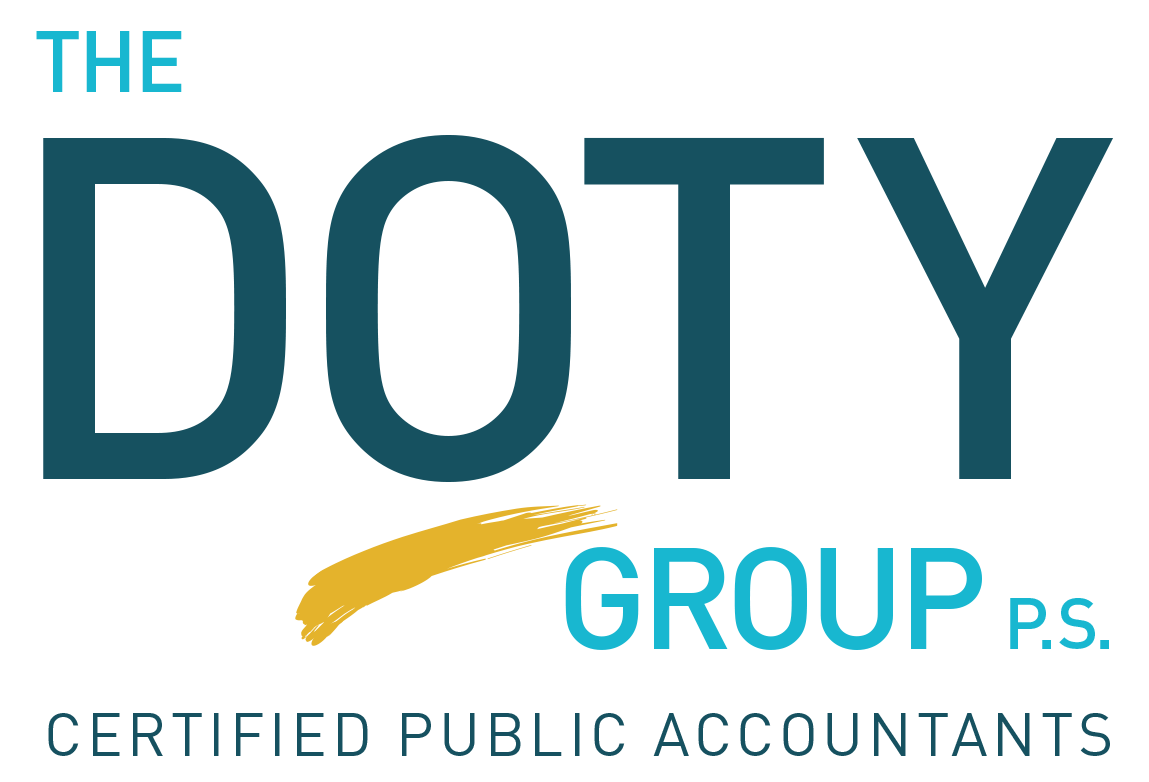FASB Proposes Improvements Related to Distinguishing Liabilities from Equity
Proposal Focuses on Convertible Instruments and Derivatives Scope Exception Guidance
The Financial Accounting Standards Board (FASB) issued a proposed Accounting Standards Update (ASU) intended to improve guidance for certain financial instruments with characteristics of liabilities and equity, including convertible instruments. Stakeholders are asked to review and provide comment on the proposed ASU by October 14, 2019.
“During the FASB’s agenda consultation project a few years ago, stakeholders described liabilities and equity guidance as overly complex, internally inconsistent, and the source of frequent financial statement restatements,” stated FASB Chairman Russell G. Golden. “We believe the proposed ASU would help reduce complexity and improve understandability in this area while providing financial statement users with more relevant information.”
Source: FASB in Focus (link)
To achieve this objective, the FASB targeted its efforts to improve the guidance on both convertible instruments and the derivatives scope exception for contracts in a company’s own equity.
The proposed ASU would reduce the number of accounting models for convertible debt instruments and convertible preferred stock. It would revise the derivatives scope exception guidance to reduce form-over-substance-based accounting conclusions driven by remote contingent events. The proposed ASU also would improve and amend the related disclosure and earnings-per-share guidance.
The proposed ASU, including a "FASB In Focus" overview and information about how to submit comments, is available at www.fasb.org.
About the Financial Accounting Standards Board
Established in 1973, the FASB is the independent, private-sector, not-for-profit organization based in Norwalk, Connecticut, that establishes financial accounting and reporting standards for public and private companies and not-for-profit organizations that follow Generally Accepted Accounting Principles (GAAP). The FASB is recognized by the Securities and Exchange Commission as the designated accounting standard setter for public companies. FASB standards are recognized as authoritative by many other organizations, including state Boards of Accountancy and the American Institute of CPAs (AICPA). The FASB develops and issues financial accounting standards through a transparent and inclusive process intended to promote financial reporting that provides useful information to investors and others who use financial reports. The Financial Accounting Foundation (FAF) supports and oversees the FASB. For more information, visit www.fasb.org.

